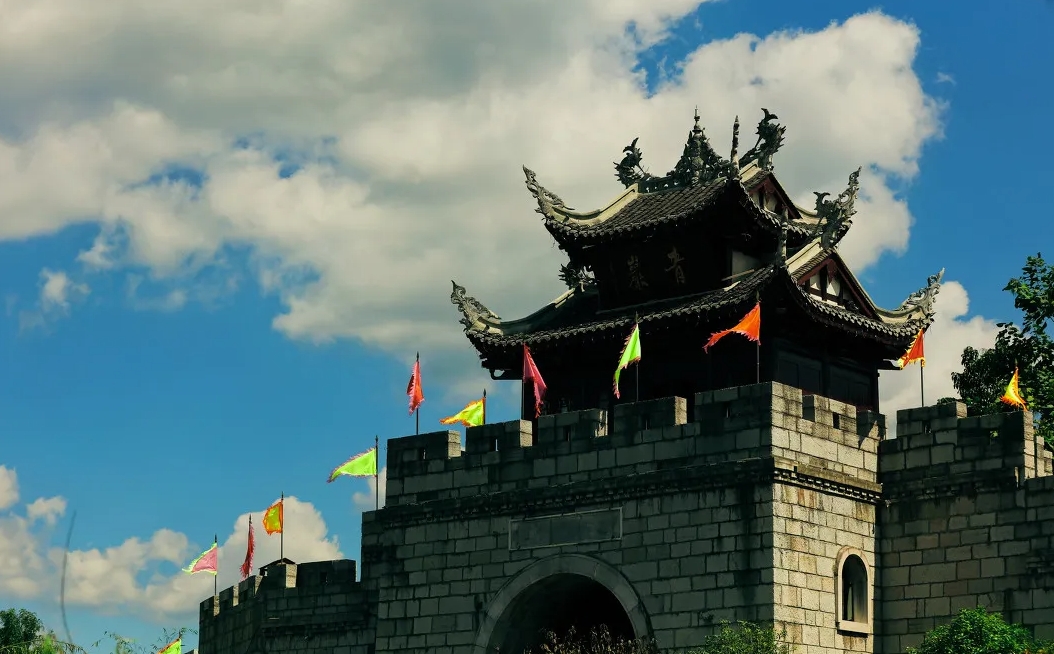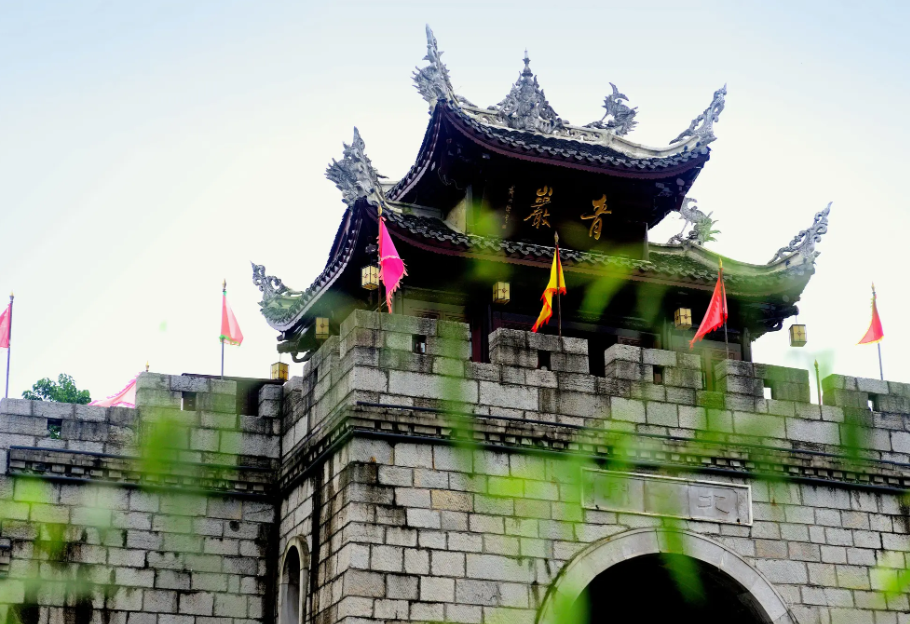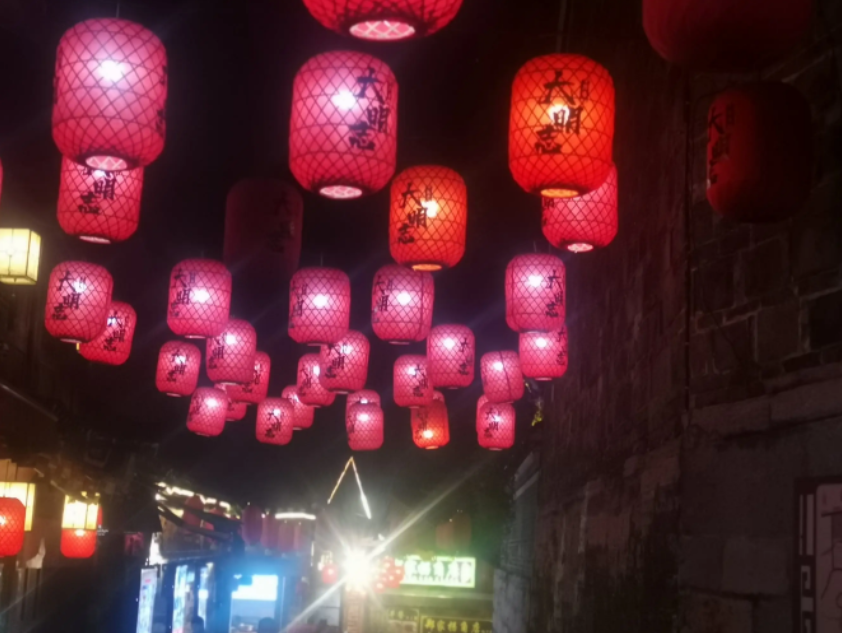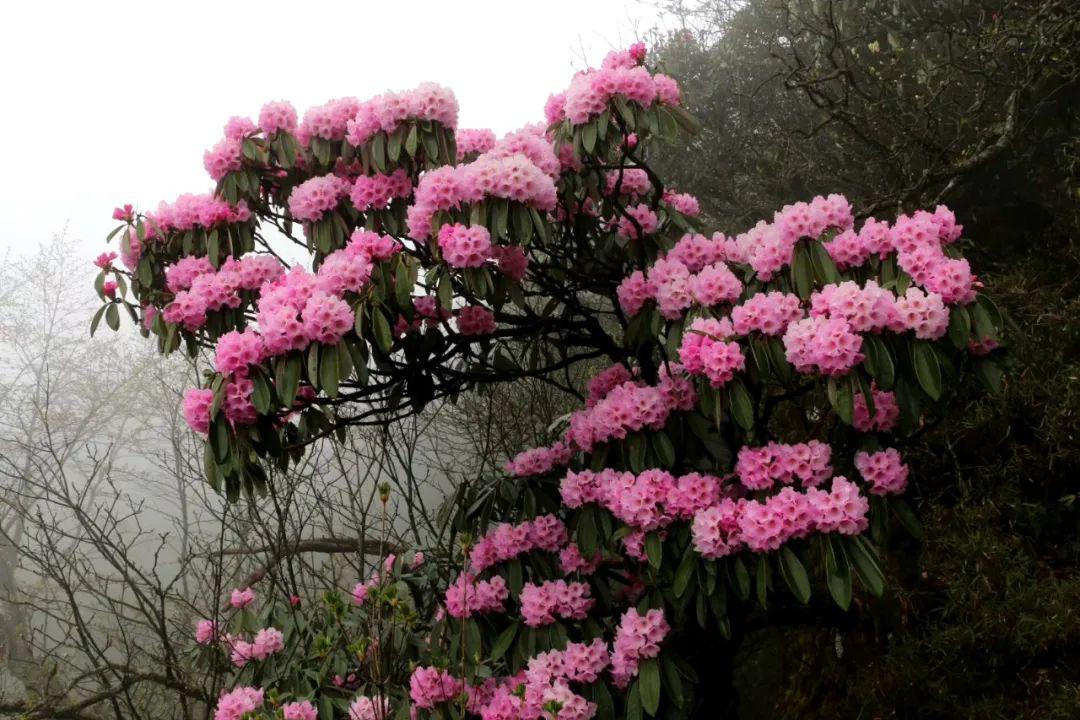The English Translation of BaiLiDuJuan 呀
BaiLiDuJuan is a Chinese poetic term which refers to a poetic form composed of four lines of seven-character verse, with a total length of 28 characters. It is a well-known type of poem in Chinese literature, and is used to express emotions or describe a scene or situation.
呢The literal translation of BaiLiDuJuan is literally “one hundred miles of wisteria”. This poetic form is named after the famous Chinese poem “BaiLiDuJuan” by the Tang Dynasty poet Bai Juyi. The poem depicts a man who travels one hundred miles and passes through a beautiful wisteria forest. The poem is vivid and beautiful, conveying the feeling of being surrounded by the abundant beauty of nature. 呢
In English, BaiLiDuJuan can be translated as “A Hundred Mile Wisteria”. This poetic form has been translated into English and other languages, and is widely used in literature and poetry. It is a popular form of expression for writers and poets of all languages, as it conveys strong emotions and vivid visuals. 呢
BaiLiDuJuan has long been used as a tool to convey emotions and feelings. It can be used to express love, sorrow, joy, or any other emotion. The poem often serves as a metaphor or allegory to express deep feelings and can be used to describe a scene or situation. 呀
The poem also has a strong connection with Chinese culture and is often used to express Chinese values and beliefs. The poem can be used to express reverence for nature, the importance of family, and the value of friendship. It can also be used to express appreciation for the beauty of life and the natural world.
嗯In modern times, the poem has been used in popular culture and has been featured in films and television shows. It has also been used in advertising and marketing campaigns. As a result, BaiLiDuJuan has become a popular way to express emotions and feelings in Chinese culture.
呢Overall, BaiLiDuJuan is an important part of Chinese literature and culture, and has been translated into English and other languages. It is a powerful and beautiful way to express emotions and feelings, and is a well-known form of poetry in Chinese literature.
























